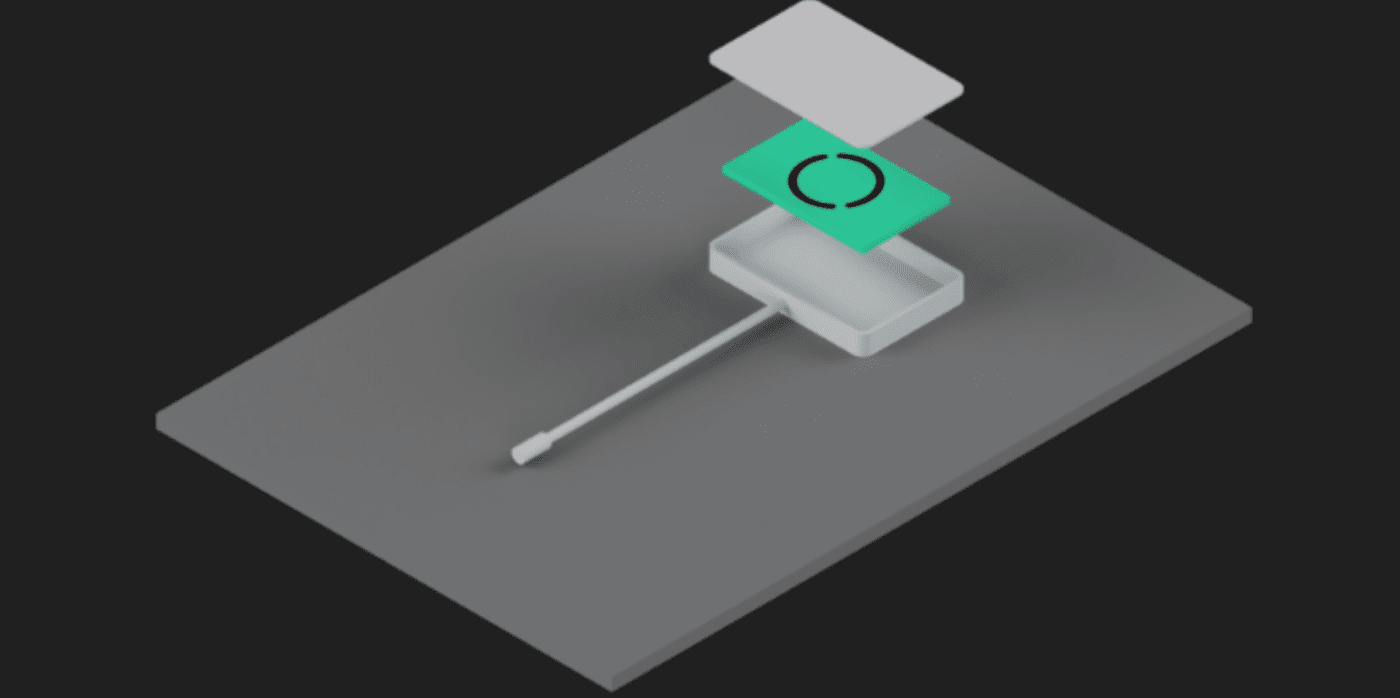
Spotted: Solar panels offer a safe and environmentally friendly alternative to polluting fossil fuels such as coal and oil. And in full, direct sunlight, they are a highly efficient way to power your home. However, in the shade, they will produce significantly less energy than they would in the full glare of the sun. In fact, US startup Optivolt claims that a shadow covering just 1 per cent of a conventional solar panel will reduce power output by 33 per cent, while a 10 per cent covering will render the panel essentially useless.
The company is tackling this problem with its patented technology, Pulse. When partially in the shade, the Pulse technology ensures the whole panel continues to work effectively by ‘stretching’ the shadow across the entire panel, mimicking a direct sunlight scenario that is slightly dimmer. According to Optivolt, this enables up to 25 times more power to be generated in real-world shading conditions.
By optimising shaded panels, Pulse claims it unlocks 261 terawatt-hours of untapped energy, which equates to an additional 34 billion dollars worth of solar energy per year.
In addition to the utility and rooftop applications we are all familiar with, OptiVolt’s technology could unlock new applications for solar power. In a field study conducted by Anduril Industries, Optivolt’s solar panel proved capable of powering Anduril’s military devices through harsh winter conditions. The technology is also battle-tested by the United States Homeland Security and Ukrainian front-line units to provide mission-critical power where traditional solar falls short.
Optivolt’s home installations will begin in 2024.
Solar panels are a vital tool in fighting climate change, and it’s no wonder Springwise has spotted many innovations in the archive looking to make the most out of them. Solar AI provides rent-to-own solar panels to make renewable energy affordable for many, while Terabase Energy is producing a digital field factory to speed up the construction of solar farms.
Written By: Anam Alam

